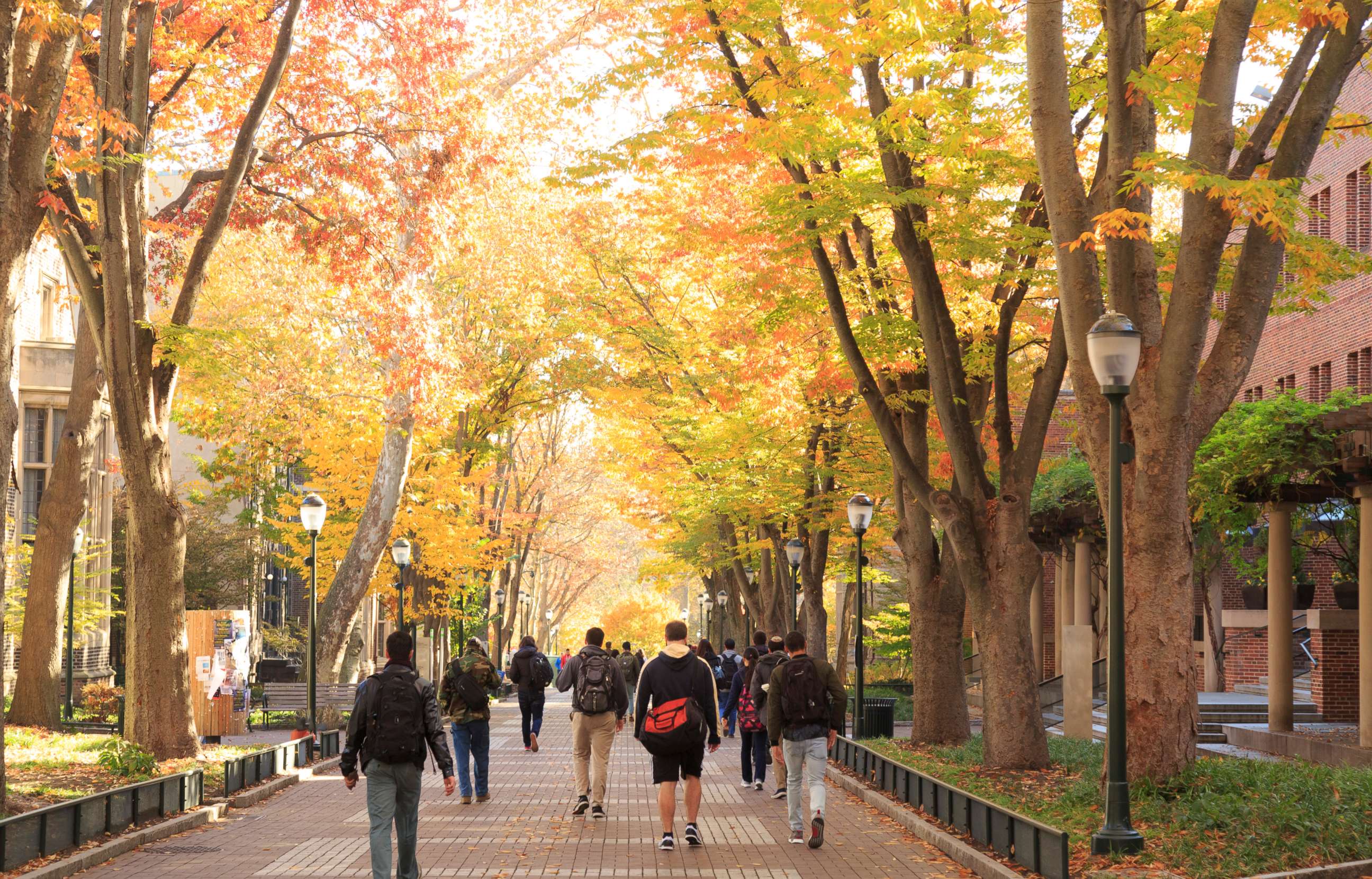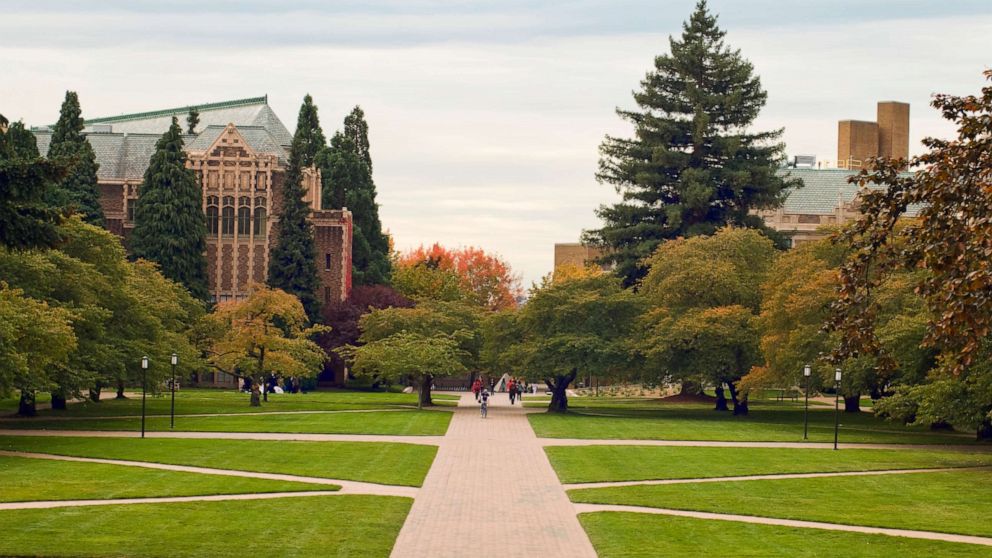Harvard, MIT sue Trump administration over international student visas
Harvard University and the Massachusetts Institute of Technology (MIT) filed a lawsuit Wednesday challenging the Department of Homeland Security and U.S. Immigration and Customs Enforcement over a directive that would prevent international students from studying in the United States on F-1 or M-1 student visas in the fall if their school only offers online classes.
The institutions are seeking a temporary restraining order and an injunction preventing the government from enforcing the directive, arguing, in part, that the administration made the decision to bar international students to pressure institutions to reopen amid the coronavirus pandemic.
"The order came down without notice—its cruelty surpassed only by its recklessness. It appears that it was designed purposefully to place pressure on colleges and universities to open their on-campus classrooms for in-person instruction this fall, without regard to concerns for the health and safety of students, instructors, and others," Harvard President Larry Bacow said in a statement Wednesday.

"This comes at a time when the United States has been setting daily records for the number of new infections, with more than 300,000 new cases reported since July 1," he added.
President Donald Trump lashed out against Harvard Tuesday after the school announced Monday it would only allow 40% of undergraduate students on campus for the fall semester amid the pandemic, saying the school should "be ashamed" of itself.
"I see what Harvard announced. That they’re closing for the season or for the year. I think it's ridiculous. I think it's an easy way out and I think they ought to be ashamed of themselves, you want to know the truth," Trump said at a White House event on the reopening of schools amid the coronavirus pandemic.
The ruling comes as schools across the country attempt to navigate how to safely reopen this fall as COVID-19 cases continue to tick upward in many areas.
"In making plans for the fall, Harvard, like many other institutions, has sought to balance addressing concerns for public health with preserving our academic mission of teaching and scholarship, and we have undertaken careful planning to address the unique circumstances," Bacow said in the statement. "We have done so recognizing that the nation is in the grip of a pandemic that poses risks to the health of millions and that threatens to overwhelm our capacity to manage it. We believe that the ICE order is bad public policy, and we believe that it is illegal."
The Department of Homeland Security's Student and Exchange Visitor Program (SEVP) normally limits the number of online classes a nonimmigrant student can take under its student visa program. SEVP officials had relaxed those limits for the spring and summer semesters due to the coronavirus, but the new order eliminates those temporary exemptions for the fall 2020 semester.
Students enrolled in a school "operating entirely online" must either leave the country or transfer to a school that is offering in-person classes, ICE said.
"If not, they may face immigration consequences including, but not limited to, the initiation of removal proceedings," a news release said.
In addition to Harvard's announcement, The University of Southern California announced earlier this month that undergraduate students will "primarily or exclusively" be taking online classes during the fall semester and that "on-campus housing and activities will be limited."
The ICE announcement said that students enrolled in schools that offer a combination of in-person and online classes will be permitted to continue as long as the school certifies that the program is not all online, that the student is not exclusively taking online classes, and that "the student is taking the minimum number of online classes required to make normal progress in their degree program."
F-1 and M-1 visas are given to foreign nationals who are pursuing academic or vocational studies in the United States, according to ICE.
What to know about the coronavirus:
- How it started and how to protect yourself: Coronavirus explained
- What to do if you have symptoms: Coronavirus symptoms
- Tracking the spread in the U.S. and worldwide: Coronavirus map
Tune into ABC at 1 p.m. ET and ABC News Live at 4 p.m. ET every weekday for special coverage of the novel coronavirus with the full ABC News team, including the latest news, context and analysis.




